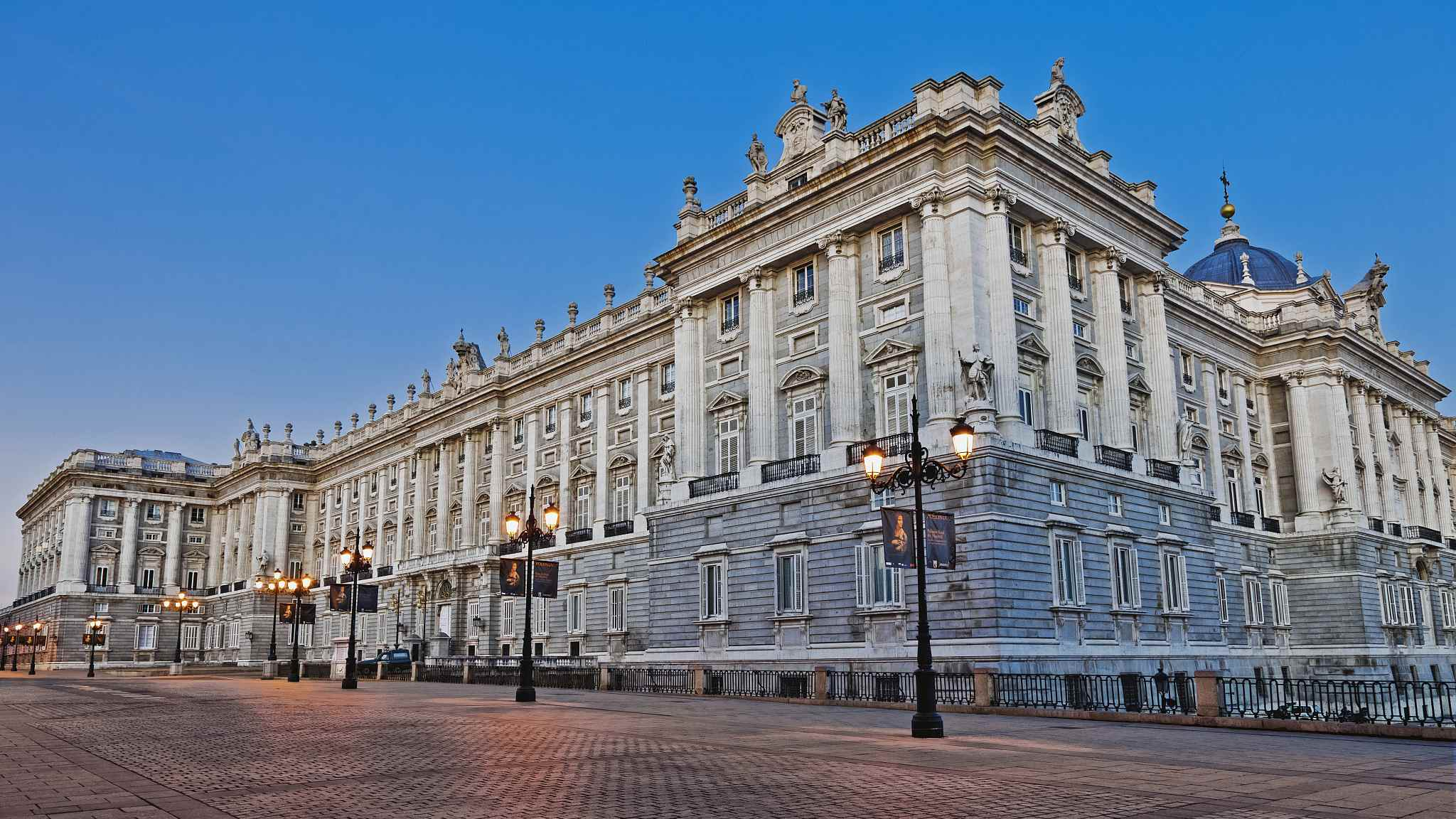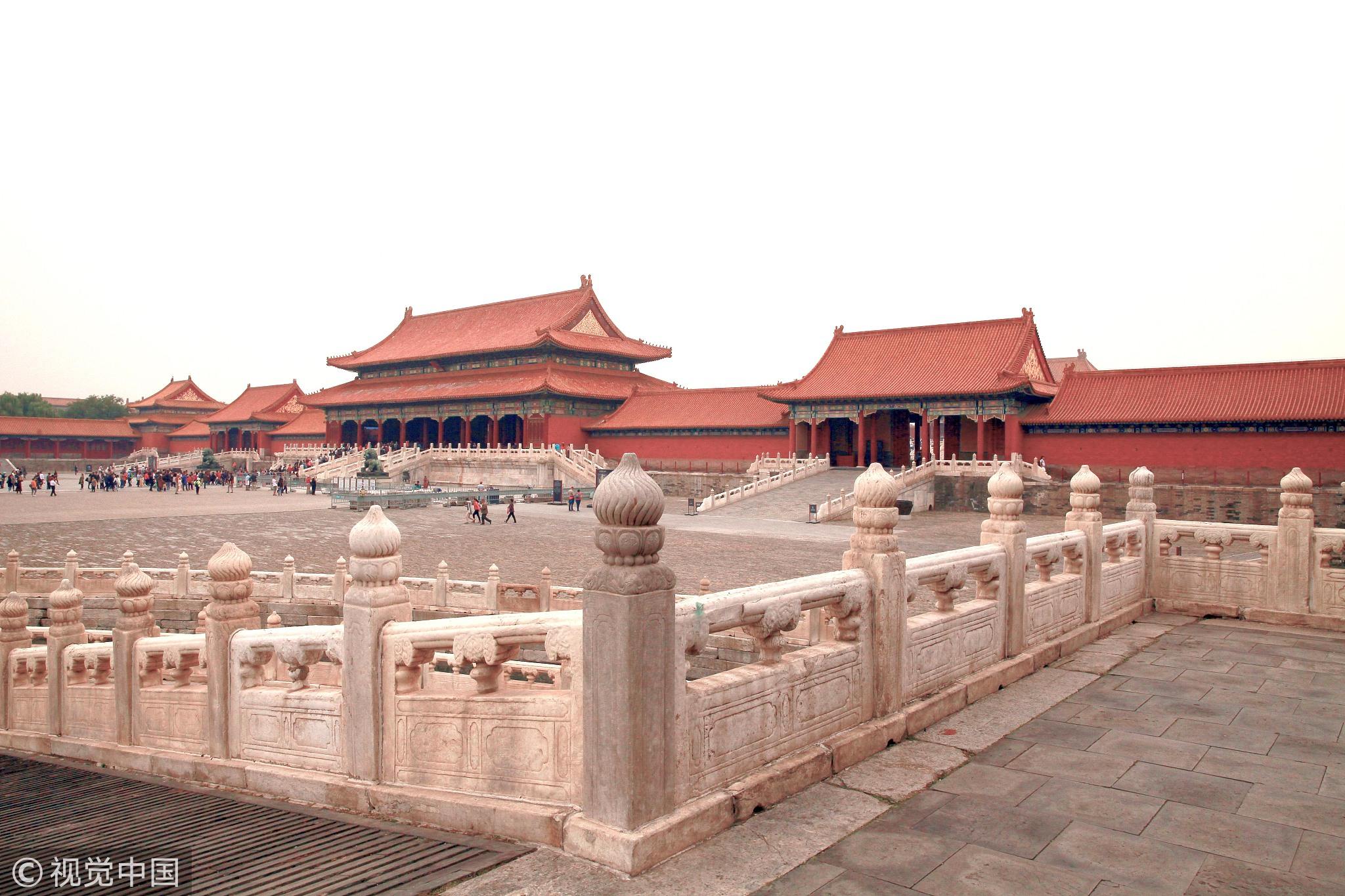
Culture
14:25, 21-Dec-2018
Cervantes Institute wraps up cultural year event to mark Spain-China ties
Updated
13:58, 24-Dec-2018
CGTN

The Cervantes Institute in Madrid on Wednesday wrapped up its "Year of Diego de Pantoja", a commemoration marking the very start of Spain-China cultural exchange, a leading institution director told Xinhua.
"It has been a very important year because it has allowed us to remember someone (Diego de Pantoja) who has remained in the shadows," and who "means a lot to our history," Garcia Montero said.
Diego de Pantoja was the first Spaniard to enter the Forbidden City of Beijing - the Chinese capital's cultural landmark, and the first to forge cultural links between the two countries.
Pantoja was considered the introducer of Christianity to China and the only Spaniard who managed to access the court of Emperor Wan Li of the Ming dynasty, in the Forbidden City, where he used to teach the emperor to play the clavichord.

The Palace Museum in Beijing, China /VCG Photo
The Palace Museum in Beijing, China /VCG Photo
He was a mathematician, poet, and most importantly, a great promoter of Spanish culture in China until he died in Macao in 1618, Montero said.
"He knew the language and civilization of the two countries and worked as a bridge, through his letters to allow for mutual understanding," Montero added.
Throughout the year, a number of activities including symposiums, conferences, concerts and exhibitions have been organized to honor him, a Jesuit who left his footprints in China as early as 1597.
Chinese ambassador to Spain Lyu Fan attended the event and said that the celebration of the 400th anniversary was framed in a "good year" for the "excellent relations" of both countries.
(Top Photo: Royal Palace of Madrid, Spain /VCG Photo)
Source(s): Xinhua News Agency

SITEMAP
Copyright © 2018 CGTN. Beijing ICP prepared NO.16065310-3
Copyright © 2018 CGTN. Beijing ICP prepared NO.16065310-3